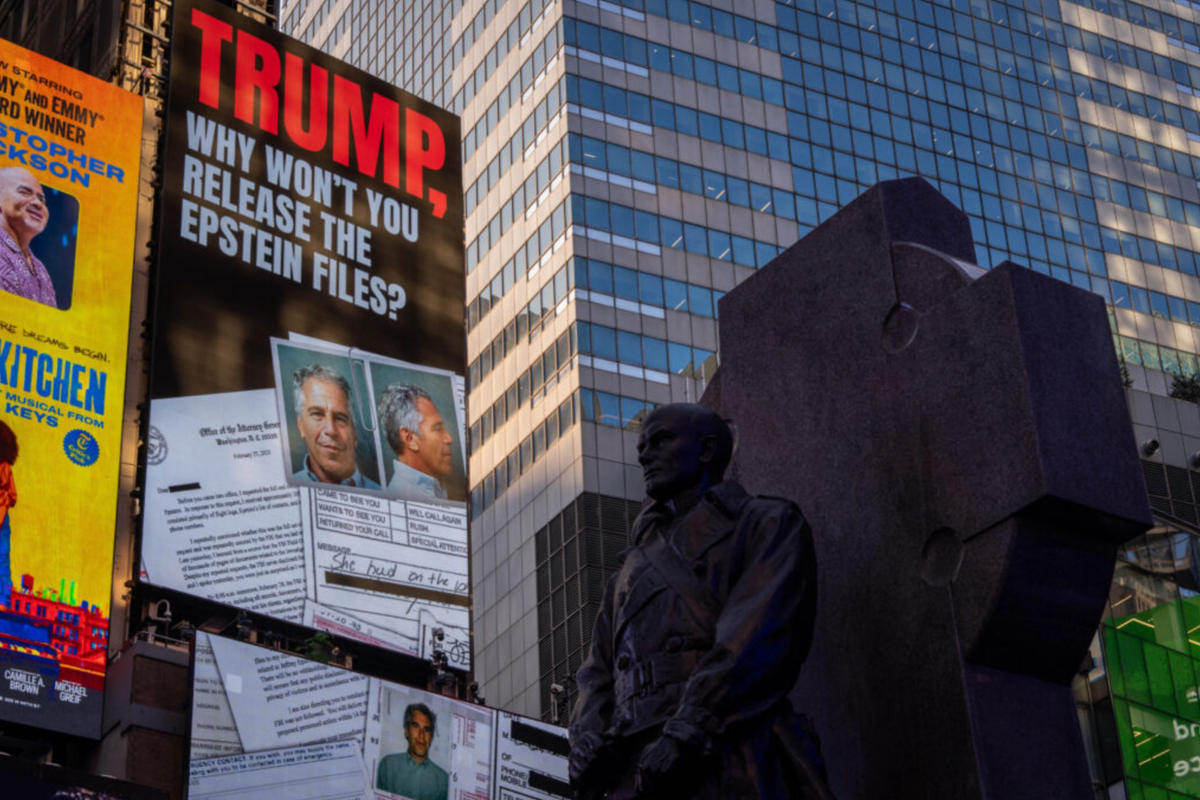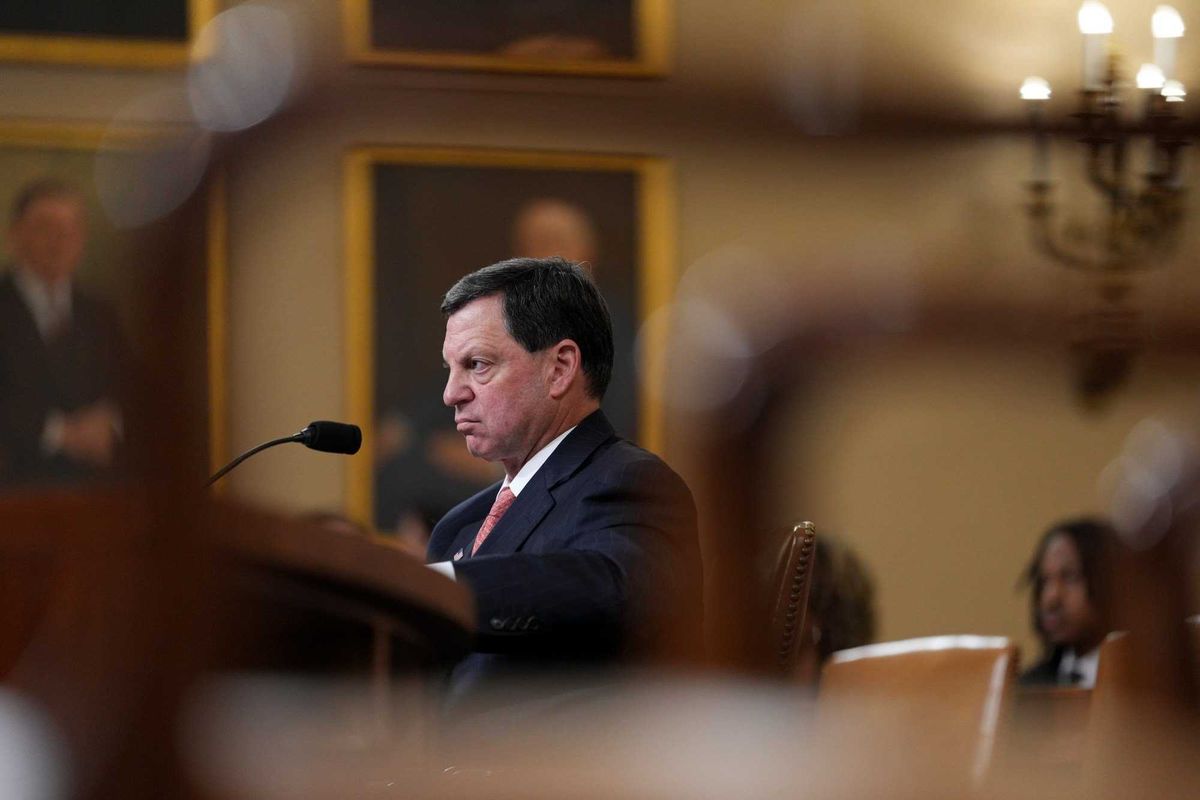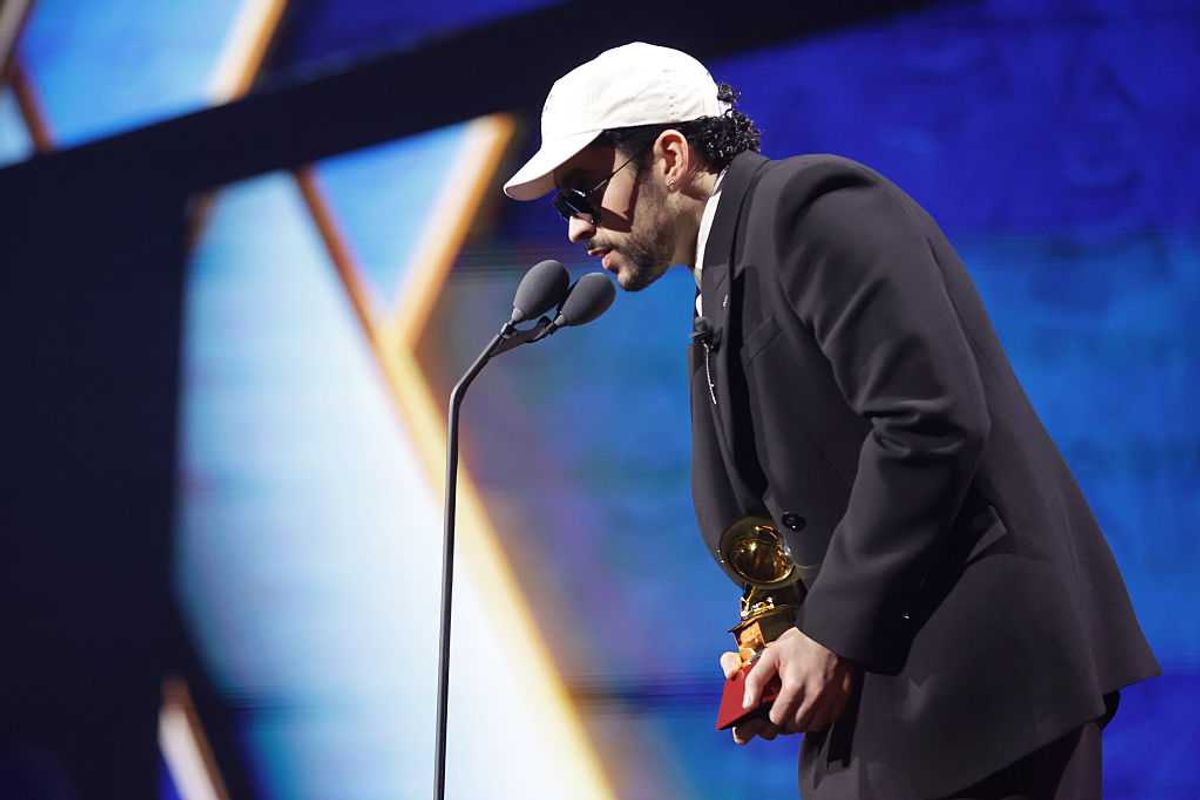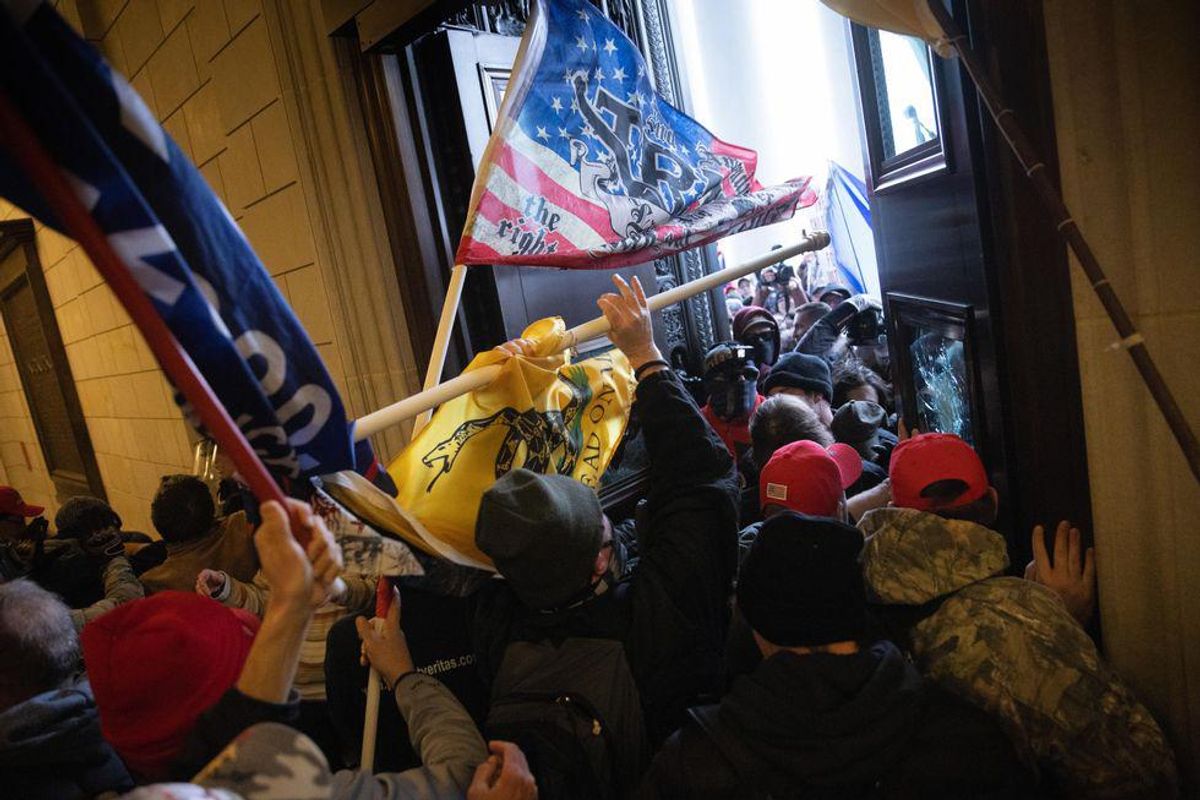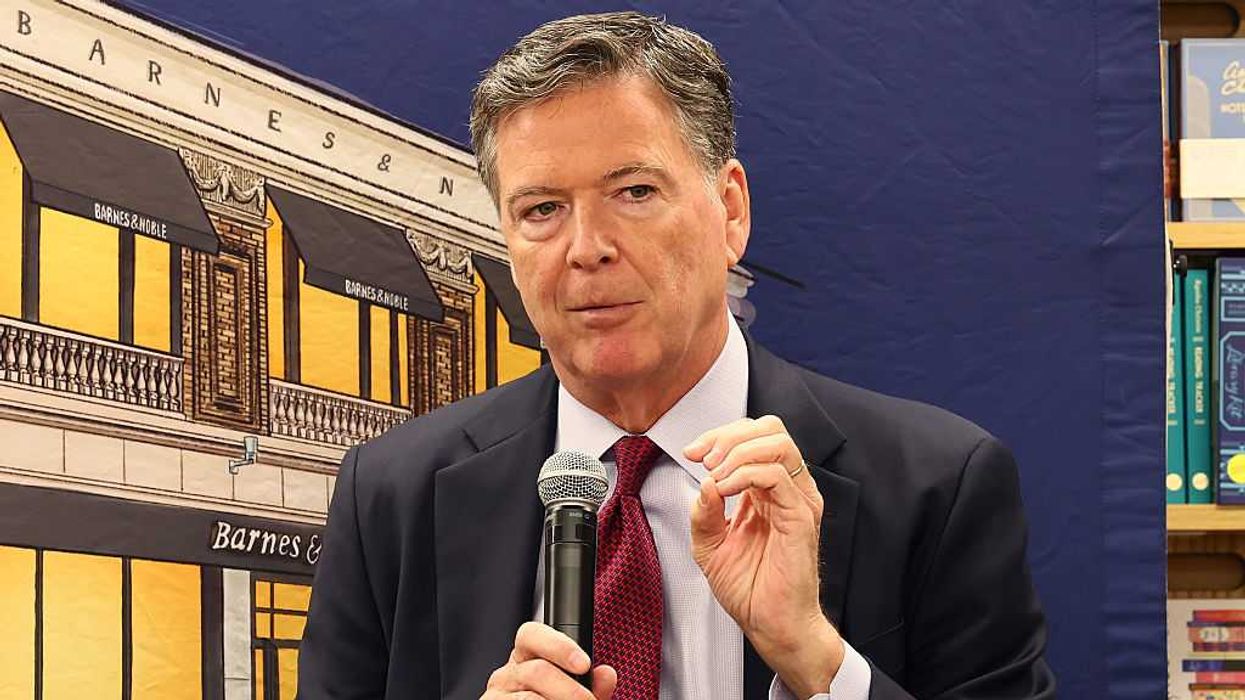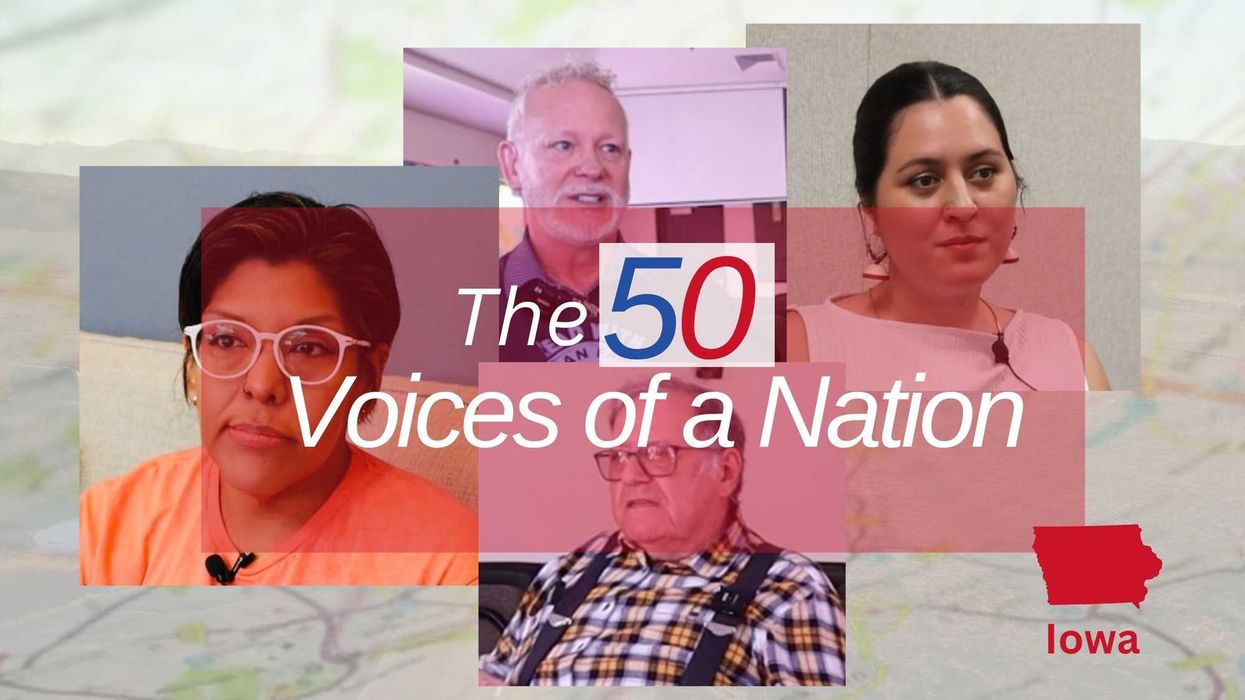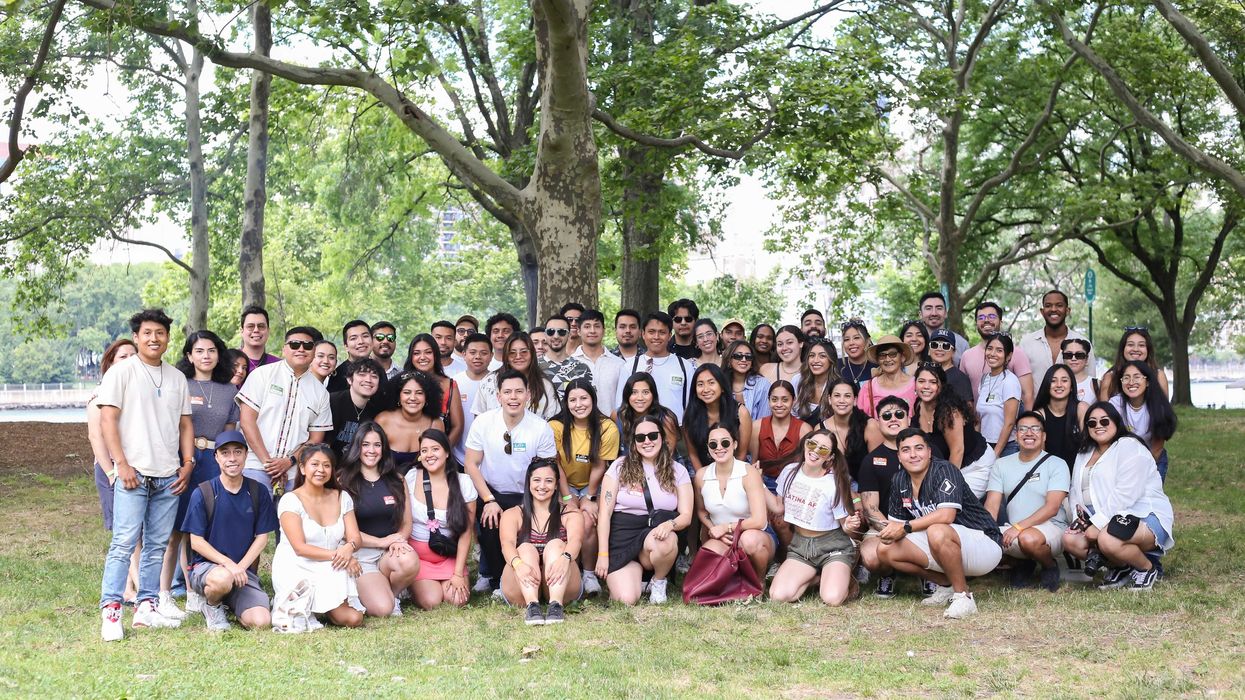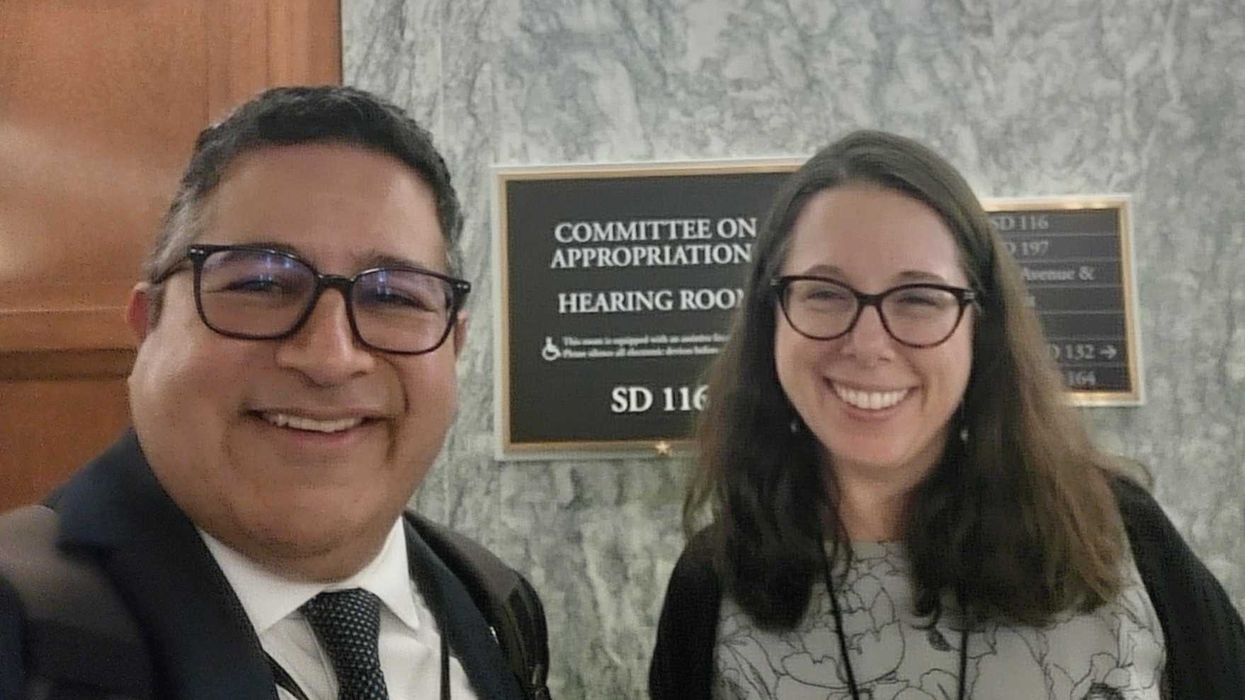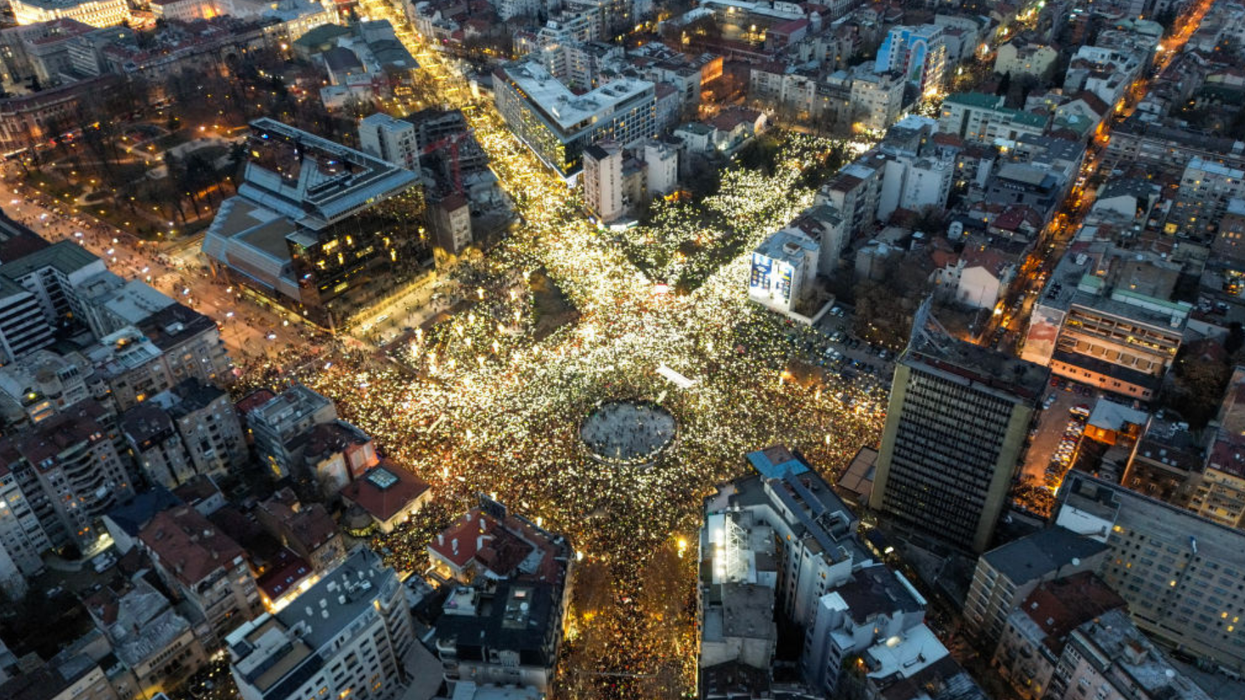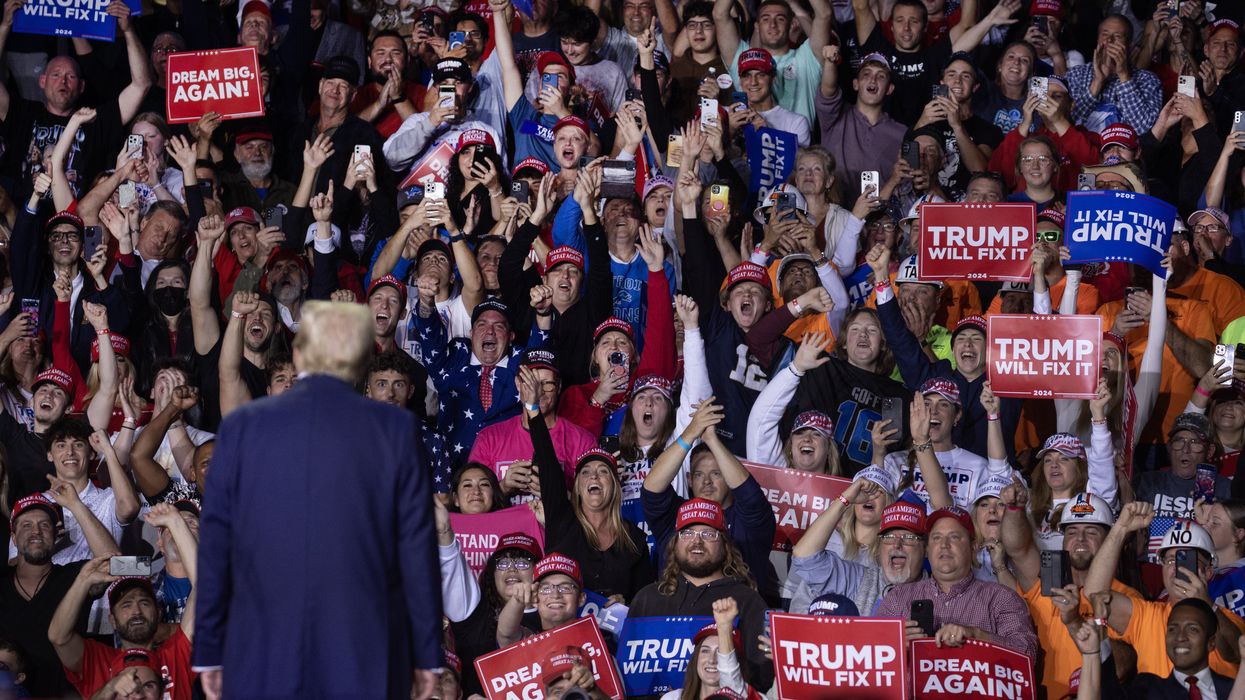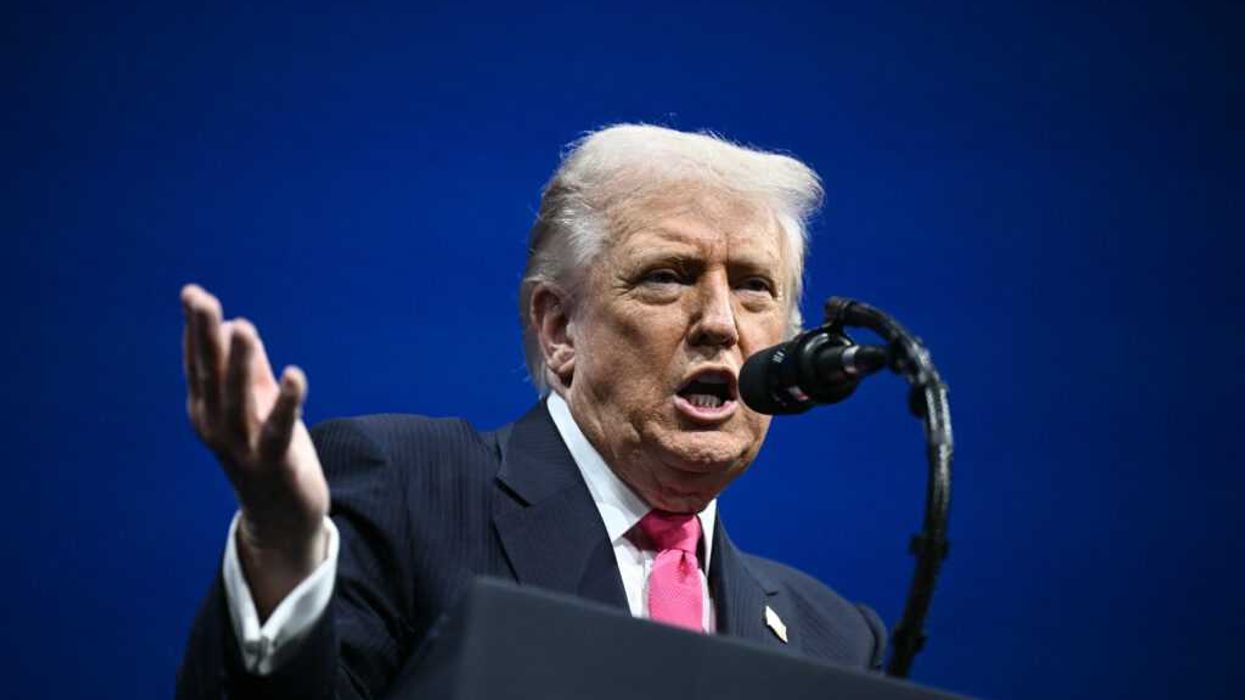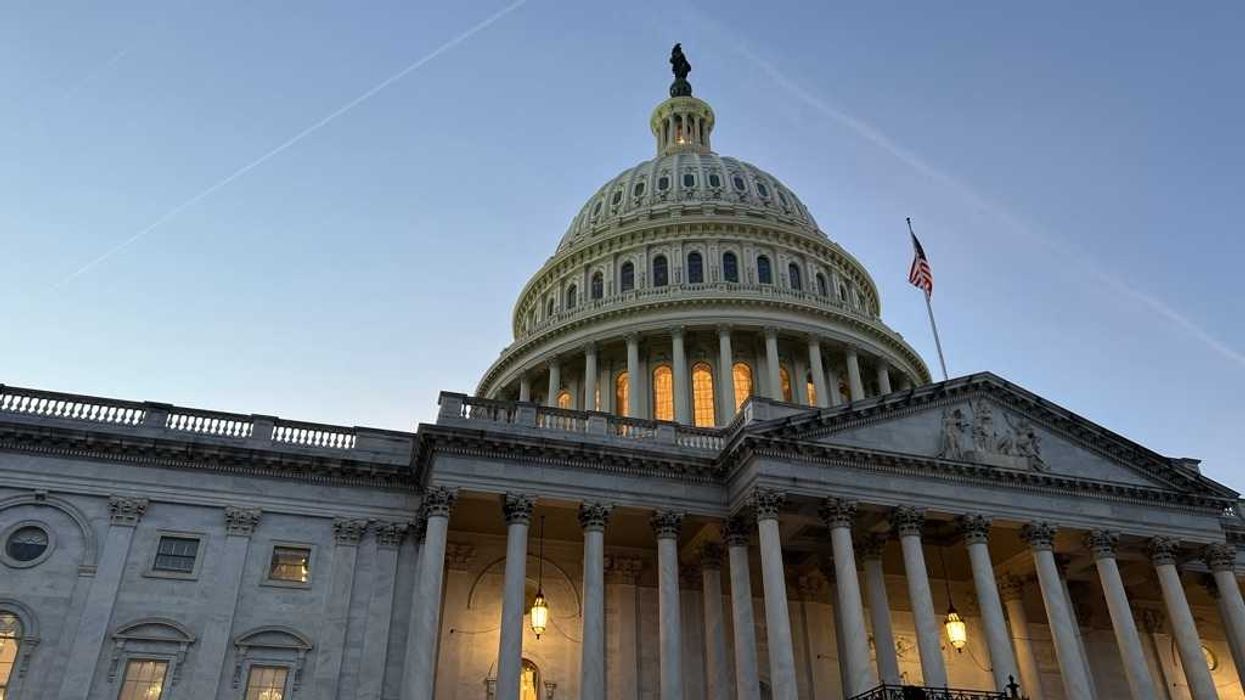In a dramatic escalation of political tensions within the U.S. Justice Department, former FBI Director James B. Comey was indicted on charges of making false statements and obstruction of justice. The indictment stems from Comey's 2020 congressional testimony regarding the FBI’s handling of the Trump-Russia investigation and marks a controversial debut for newly appointed U.S. Attorney Lindsay Halligan.
The headlines focused on the charges. But the real story lies in who signed the indictment—and why.
Halligan, 36, has no prior prosecutorial experience and previously served as a White House aide tasked with removing “improper ideology” from Smithsonian museums. She met Trump in 2021 and joined his legal team in early 2022, representing him in high-profile cases, including the search of Mar-a-Lago and a defamation suit against CNN.
“Sports and pageants taught me confidence, discipline, and how to handle pressure — on the court, on the field, on the stage, in the courtroom, and now in the White House,” Halligan told The Washington Post earlier this year.
Halligan authorized the charges just days after taking office. She’s leading a federal case against one of Trump’s most vocal critics.
This isn’t just unusual. It’s unprecedented.
Career prosecutors reportedly advised against the indictment, citing insufficient evidence and lack of probable cause. ABC News obtained a memo from Halligan’s office that warned the case was unlikely to result in a conviction. Yet the charges were filed anyway—under pressure, some say, from the highest office in the land.
Trump has long called Comey a “dirty cop” and “leaker,” and recently urged Attorney General Pam Bondi to “act fast.” Halligan’s appointment and swift indictment suggest that the message was received loud and clear.
Gene Rossi, a former federal prosecutor in the same district, didn’t mince words: “This case is so weak, no prosecutor… would sign it. But Lindsay Halligan would, because… she will do whatever Mr. Trump wants. And that is wrong.”
Rossi added that Comey “could not have gotten a better judge” than Biden appointee Michael Nachmanoff, describing him as “honest, fair, balanced, and the worst nightmare for those prosecutors pushing this indictment”.This isn’t about whether Comey told the truth. It’s about whether the justice system is being weaponized to punish dissent.
Halligan’s rise—from Trump’s legal team to federal prosecutor—raises serious questions about the erosion of institutional norms. Her appointment bypassed Senate confirmation. Her indictment defied internal legal advice. And her public statements suggest loyalty to Trump, not the Constitution.
While distancing himself from the indictment publicly, Trump praised Halligan as “very smart, good lawyer, very good lawyer” and said, “They’re going to make a determination. I’m not making that determination”.
In a democracy, prosecutors are supposed to follow the law, not the president’s social media feed.
The case now heads to a federal grand jury, which will decide whether to proceed with a trial. Legal analysts warn that the indictment could face significant hurdles, including judicial scrutiny and challenges to its evidentiary basis.
Comey has maintained his innocence and has not yet commented publicly on the indictment.
The Comey indictment may not hold up in court. But its symbolism is chilling. It signals a shift from independent justice to political retribution. And it forces us to ask: If this can happen to a former FBI director, who’s next?
We need to pay attention—not just to the charges, but to the machinery behind them. Because justice isn’t just about who gets indicted, it’s about who gets to decide.
Hugo Balta is the executive editor of the Fulcrum and the publisher of the Latino News Network.
